Artificial Intelligence (AI) is no longer a distant technological promise reserved for science fiction or high-tech labs. It’s already here, integrated into our homes, workplaces, and even the devices we carry in our pockets. From personalized shopping suggestions to voice-activated assistants and advanced medical diagnostics, AI is subtly transforming every aspect of our daily lives. Yet, many remain unaware of just how deeply AI has permeated modern society. This blog explores how AI technologies are becoming everyday utilities and examines the profound implications they hold for industries, careers, and the future of work.
Understanding AI: From Hype to Habit
Before diving into its societal impact, it’s essential to demystify AI. At its core, AI refers to machines or software that can mimic human intelligence to perform tasks such as learning, reasoning, problem-solving, and language understanding. The most common subfields of AI include:
- Machine Learning (ML): Algorithms that enable computers to learn from data.
- Natural Language Processing (NLP): Helps machines understand and generate human language.
- Computer Vision: Allows machines to interpret and process visual data.
- Robotics: AI-powered machines capable of physical tasks.
What makes AI transformative is its ability to improve over time through learning and adapt to new situations without explicit programming.
AI in Daily Life: You Use It More Than You Think
While some might think AI is reserved for tech companies or advanced research, it’s already embedded in countless everyday experiences:
- Smartphones: AI powers personal assistants like Siri and Google Assistant, facial recognition, camera enhancements, and predictive text.
- Social Media: Algorithms curate your feeds, recommend friends, and suggest content based on behavior.
- Entertainment Platforms: Netflix, Spotify, and YouTube use AI to recommend personalized content.
- E-commerce: Amazon and other retailers leverage AI for product recommendations, dynamic pricing, and customer service chatbots.
- Navigation & Transportation: Apps like Google Maps use AI for route optimization and real-time traffic updates.
- Banking: Fraud detection, credit scoring, and virtual financial assistants all use AI.
Most users are unaware that behind the convenience lies complex algorithms continuously learning from behavior patterns.
AI in Healthcare: Saving Lives and Diagnosing Better
AI is already reshaping healthcare by:
- Early Diagnosis: Tools like IBM Watson and Google’s DeepMind help detect diseases such as cancer or eye conditions with greater accuracy.
- Medical Imaging: AI-enhanced X-rays and MRIs assist radiologists in spotting issues faster.
- Telemedicine: Chatbots and virtual doctors powered by AI provide preliminary consultations.
- Drug Discovery: AI models accelerate the process of finding new drugs, especially evident during the COVID-19 pandemic.
The medical field exemplifies how AI can improve accuracy, efficiency, and accessibility—potentially saving millions of lives.
AI at Work: A Double-Edged Sword for Careers
One of the most profound areas where AI is making an impact is the workforce:
- Job Displacement: Repetitive and rule-based jobs are increasingly automated. Manufacturing, logistics, and even certain clerical roles are at risk.
- Job Transformation: Many jobs aren’t eliminated but evolve. For instance, a customer service agent may now use AI tools to serve more customers effectively.
- Job Creation: Entirely new roles are emerging: AI trainers, prompt engineers, data annotators, and ethical AI consultants.
- Remote Work: AI enables remote collaboration, virtual meetings, and productivity monitoring tools.
It’s not just about losing jobs—it’s about changing jobs. Those who adapt, upskill, and learn to work with AI will thrive.
The Public Knowledge Gap: Why Awareness Matters
Despite AI’s integration into so many domains, public understanding remains limited. According to surveys, many people:
- Cannot accurately define AI.
- Do not realize AI is behind everyday services.
- Fear AI’s implications without understanding its current limitations.
This knowledge gap creates vulnerability. Without awareness, society cannot make informed decisions about privacy, ethics, and job planning. Digital literacy programs must be expanded to include basic AI education.
Ethical and Societal Concerns
As AI spreads, so do its challenges:
- Bias in Algorithms: AI can perpetuate racial, gender, or socioeconomic bias if trained on flawed data.
- Lack of Transparency: Black-box algorithms make decisions that are difficult to interpret.
- Surveillance: AI can enable intrusive surveillance practices under the guise of security.
- Deepfakes & Misinformation: AI-generated content is getting harder to distinguish from reality.
Governments and developers must prioritize responsible AI development, and society must stay informed and engaged in shaping AI policies.
Education, Upskilling, and the AI-Ready Society
To thrive in an AI-driven world, educational institutions and corporations must:
- Incorporate AI concepts into school curricula.
- Offer vocational training for AI-adjacent roles.
- Promote lifelong learning, especially in digital and soft skills.
- Encourage human-machine collaboration instead of competition.
Governments should incentivize retraining programs and create safety nets for those affected by automation.
The Road Ahead: Coexisting with AI
As AI continues evolving, its influence will deepen in sectors such as:
- Education: Personalized learning platforms tailored to each student.
- Law: AI tools for legal research, contract review, and even judicial prediction.
- Agriculture: Precision farming using AI-driven drones and data analysis.
- Environment: AI models to predict climate change, manage resources, and combat pollution.
The goal isn’t to fear AI, but to understand and guide it for public good.
Conclusion: Embrace the Change, Shape the Future
Artificial Intelligence is not a future technology—it’s our present. Whether it’s a recommendation on Netflix, a diagnosis in a hospital, or a shift in your career path, AI is influencing your world. The question isn’t whether AI will change society; it’s how well society will adapt to AI.
To ensure AI benefits everyone, public engagement, education, and ethical governance must keep pace with technological advancement. As we stand at the crossroads of a new digital era, the call to action is clear: stay informed, stay curious, and help shape an AI future that works for all.

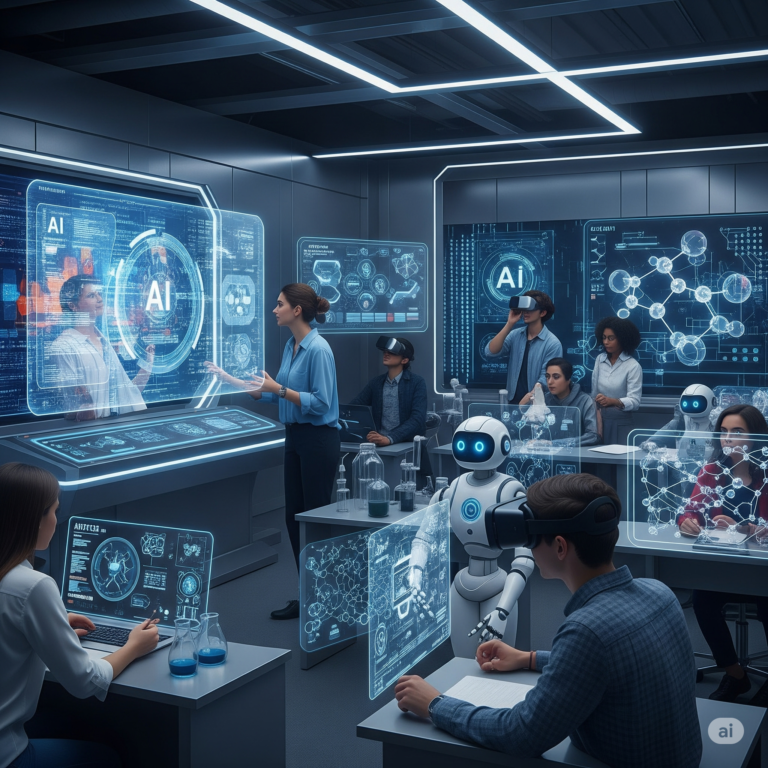

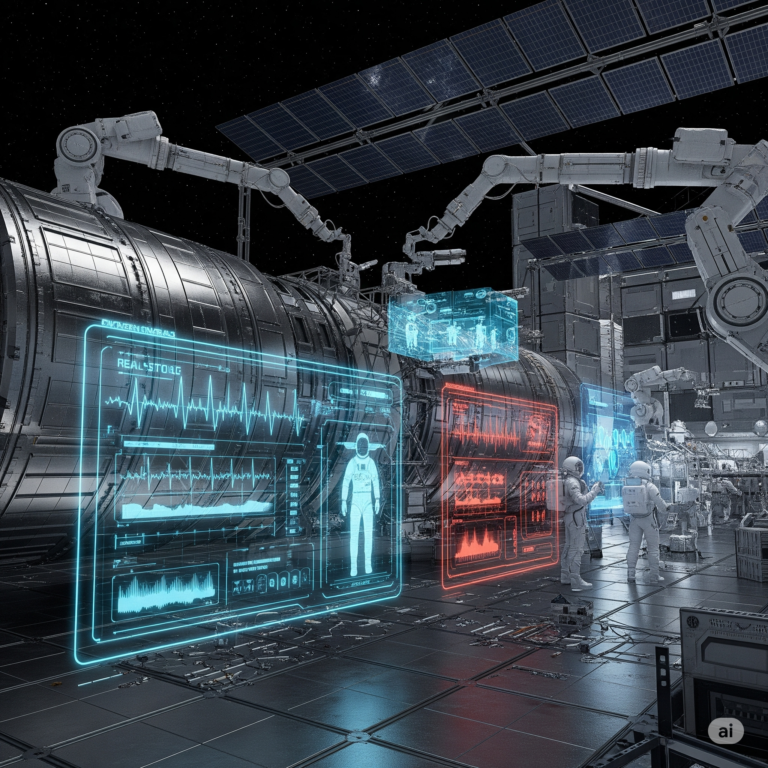
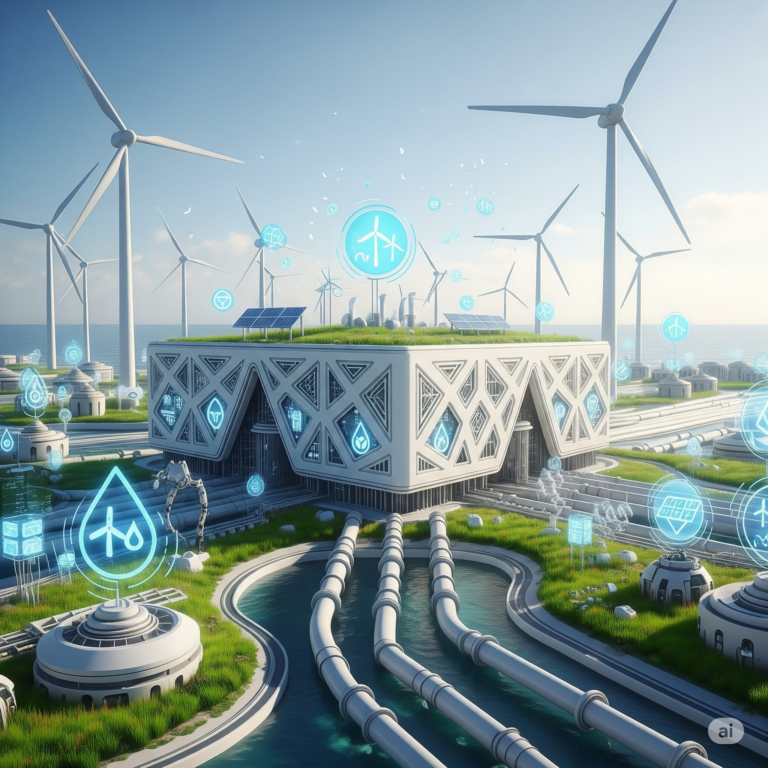
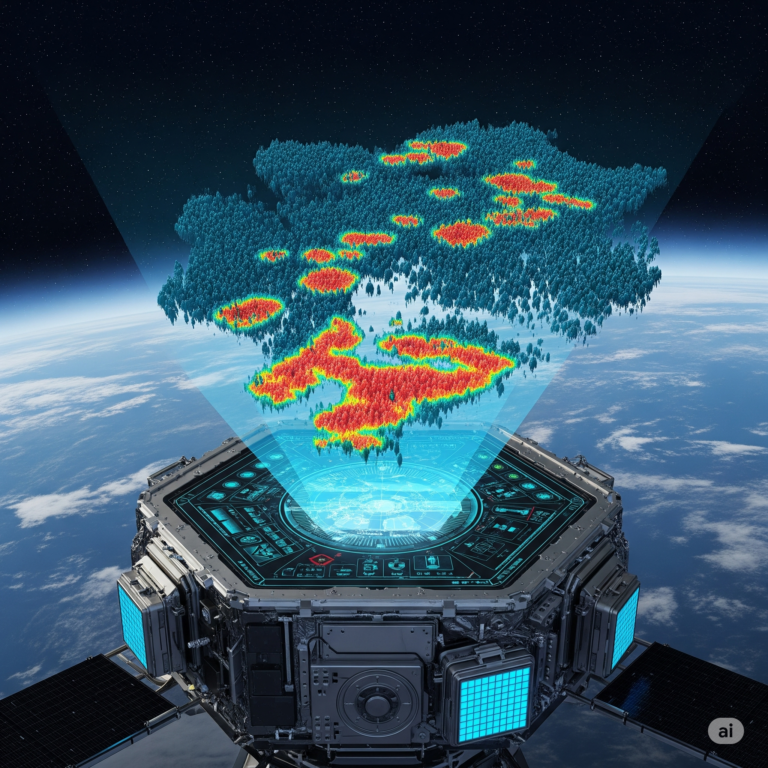


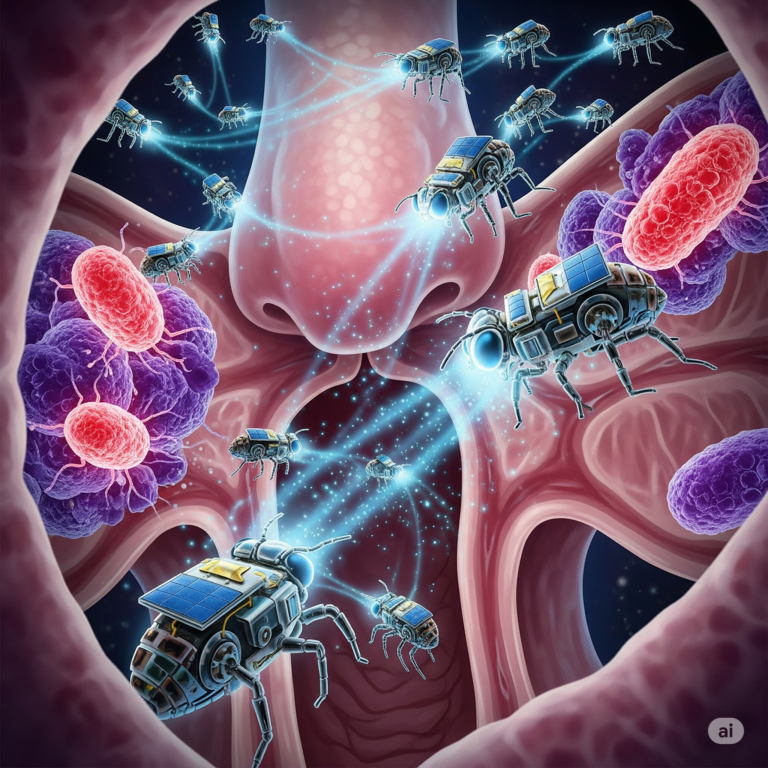
+ There are no comments
Add yours